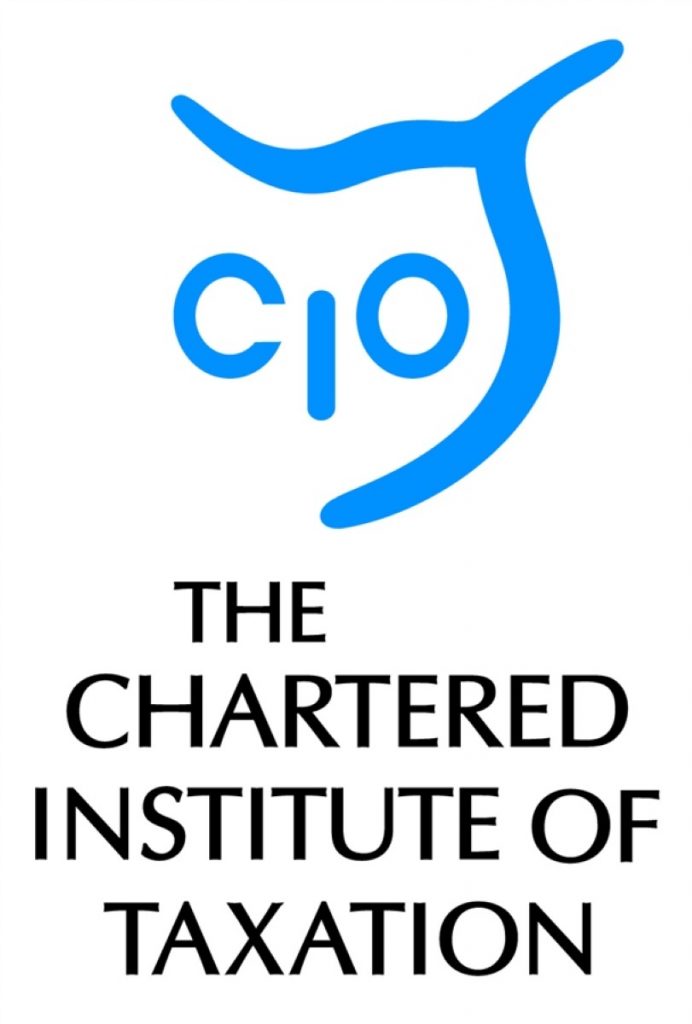Independent mediator option in small business tax disputes gets welcome
The Chartered Institute of Taxation (CIOT) has welcomed today’s announcement by HM Revenue and Customs (HMRC) that they will be trialling a new way of resolving disputes between small businesses and the taxman over the next six months.
The Alternative Dispute Resolution (ADR) process will allow a small business in dispute with HMRC over their tax liabilities in the course of a compliance check to have a facilitator appointed to mediate between the two parties. While the facilitator will be an HMRC employee they will have had no prior involvement in the dispute and will have a brief to be independent, having been previously trained in dispute resolution techniques. The trial will initially only be available to small and medium enterprises (SMEs) in North Wales and the North-West of England, but may be extended to other regions if resources allow.
Andrew Gotch, Chairman of the CIOT’s Owner Managed Business Sub-Committee, said:
“This is a welcome move. ADR has the potential to be a valuable Gordian knot-cutter in investigations and technical disputes that have run into the sand. Anything which can help resolve disputes between HMRC and taxpayers to mutual satisfaction without the need to resort to expensive and time-consuming litigation has to be good news for all sides.
“There has already been a small-scale pilot of this new technique, using a few hand-picked cases which had already reached the stage of an appeal against a decision. Under this new trial, cases will be accepted at an earlier stage, where no appeal has yet been made, which is sensible. Additionally, taxpayers and their advisers will also be able to put cases forward for ADR, whereas in the first pilot HMRC did the selecting in most cases.
“It is very important that HMRC are able to gather reliable data from this next stage in the ADR pilot, so that an informed decision can be made as to whether the facility should be extended nationally. So, even though at this stage only those in some parts of the country will be able to participate, I would encourage all small businesses and their tax advisers who can take advantage of the facility to consider using it in situations where there are intractable disagreements with HMRC. This is an entirely voluntary process, from which neither side can possibly emerge worse off. In fact, evidence from the earlier phase of the pilot suggests that participants usually emerge far better off either in terms of getting a solution or understanding each others’ positions better, thus saving stress, time and costs all round”.





-01.png)